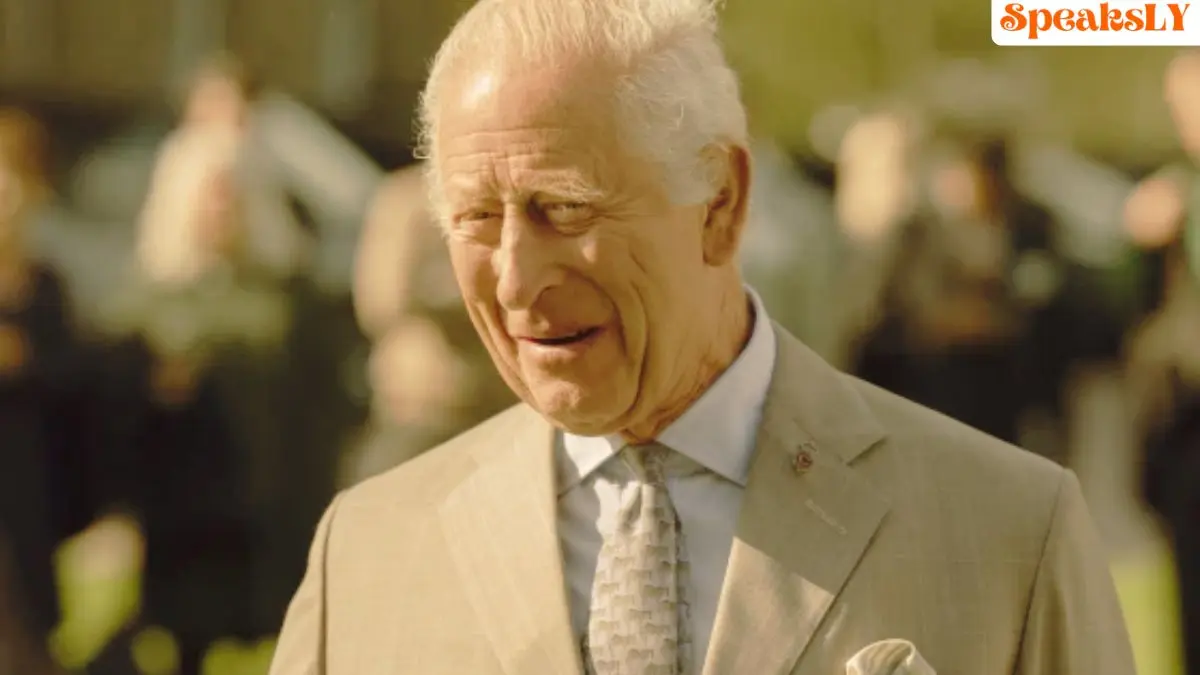Australia King Charles: In a dramatic turn of events during his state visit to Australia, King Charles III faced fierce criticism from Indigenous Australian senator Lidia Thorpe, who accused him of genocide and demanded a treaty between the British crown and Australia’s First Nations people. The incident unfolded at Parliament House in Canberra, where Thorpe interrupted the royal couple’s reception, shouting, “This is not your country; you are not our king.”
The protest comes amid ongoing discussions about Australia’s colonial past and the need for recognition and rights for Indigenous communities. Thorpe, an outspoken advocate for Indigenous rights, was escorted from the hall after her emotional outburst, which included calls for reparations and a formal acknowledgment of historical injustices. “You committed genocide against our people. Give us our land back!” she exclaimed as security personnel removed her.
The incident highlights the complex relationship between Australia and the monarchy, especially in light of the recent referendum that rejected constitutional recognition for Indigenous Australians. Prime Minister Anthony Albanese, who welcomed King Charles earlier in the day, has long advocated for a republic, stirring further debate about the monarchy’s future in Australia.
As King Charles III embarks on this symbolic tour, which is his first since becoming monarch and amid his ongoing cancer treatment, the protests underscore a growing sentiment among many Australians who feel disconnected from the monarchy’s legacy. Despite the disruption, the royal couple continued to meet well-wishers outside Parliament, emphasizing their commitment to engaging with the Australian public.
Thorpe’s protest has reignited discussions about the need for a treaty and formal reconciliation with Indigenous Australians, a conversation that continues to evolve as the nation grapples with its colonial history. As Australia navigates its identity and future, the royal visit has become a focal point for both celebration and dissent.
The incident serves as a stark reminder of the ongoing struggle for recognition and justice faced by Indigenous communities across Australia. As the conversation unfolds, all eyes are on how King Charles and the Australian government will respond to these pressing calls for change.






